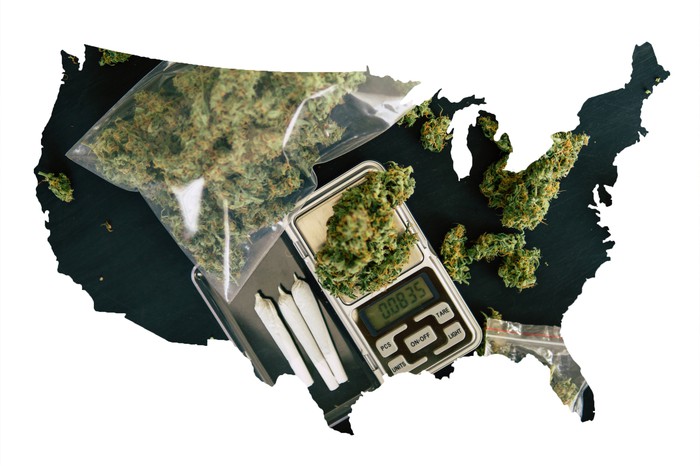16oz 32oz Glass Mason Jar Canning with Metal Lids Jam Glass Mason Jar
Mason Jars 12 oz With Regular Lids and Bands, Ideal for Jam, Honey, Wedding Favors, Shower Favors, DIY Spice Jars
Mason Jars 12 oz With Regular Lids and Bands, Ideal for Jam, Honey, Wedding Favors, Shower Favors, DIY Spice Jars
Product name PET oral liquid bottle Use Medicine Capacity 10ml 15ml 20ml 30ml Color amber clear PET tube Material PET Bottle Application Meidical Packaging Cap Tamper Cap OEM/ODM Accepptable Logo Customized Logo
Product Display These child resistant plastic tubes lock in the freshness. Despite meeting the child resistance standards, it’s easy to open for adults, taking advantage of an intuitive squeeze top design. Looking like simple, inconspicuous 19*116mm plastic tubes. Details Images Water ResietantT Airtight Smell Proof. No mess and odor sealing tube secures your thing snug inside keeping it fresh clean and dry. Easy To Carry In Pockets and Purses Without Worrying About Damage or Breakage, Excellent Protection From Breakage While Keeping Items Super Fresh Child Resistant Safety Squeeze Cap Helps with Safe Storage. When it's time to open your airtight jar, Just squeeze the sides of the bottle gently, hear the pop, and take what you need. Conveient Size. Tube measures4.75” L x 0.75”, Holds One 116mm Pre-Roll. UV resistant tube fits all your every thing.
Made of the highest-quality premium glass, our 5ml 9ml 15ml square glass cosmetic jar also comes with a child-resistant square cap. It's perfect for any variety of premium concentrates, waxes, or oils. Finished with their smooth, sleek black child-resistant caps, concentrate glass jar never fail to impress. With a simple but sophisticated design, these concentrate jars become an easy choice to feature any logo, improving your brand awareness tenfold. Set yourself apart from the crowd with concentrate jars that truly look the part. marijuana420packaging works hard to manufacture their glass with the highest-quality, food-grade glass on the market. This ensures the utmost in safety and freshness for your concentrate inside. The concentrate capacity guide is as follows: 5-7mL can fit up to 1g 9mL can fit 1-2g 15mL can fit 2-4g Make UP Cosmetic USe Wide application: you can use travel cosmetic jar to store lotions, cream, shampoo, powder and so on; They can also be applied as glass storage...
Wide Mouth Glass Bottle Container Smell Proof Child Resistant Glass Jars with Magnifying Lids
 2019-06-12
2019-06-12
As recently as a decade ago, marijuana was considered to be a taboo topic. Politicians skirted the issue if ever questioned, and Americans mostly avoided the discussion of what was largely an illicit drug throughout the United States.
But a lot has changed in a decade. Today, two-thirds of the country have given the green light to medical marijuana, and Illinois recently became the 11th state to OK adult-use marijuana. Recreational sales will commence in the Land of Lincoln on Jan. 1, 2020. We've also witnessed a number of politicians openly discuss, and perhaps even support, marijuana reform at the federal level.
So, if so much has changed, at least among the public and at the state level, why hasn't the government shifted its stance on marijuana at the federal level? A recent poll from CBS Newsreveals the key insight that's holding the industry back.

upport for legalization hits an all-time high in this annual survey
In April, just ahead of 4/20 (April 20), a celebrated day among the cannabis community, CBS News released its now-annual survey that outlines how the public perceives marijuana. When asking if respondents favored the idea of legal marijuana use, an all-time record 65% were in support, which is up 6 percentage points from April 2018, and 20 percentage points from April 2013. This result more or less jibes with national pollster Gallup's results, which showed 66% support for legalization in its October 2018 survey.
Among the findings, CBS News found that, for the first time ever in its polling, a majority of Republicans supported legalization (56%). However, as has been the case for some time now, seniors aged 65 and up were still on the fence about legalization, with just 49% in support of such an idea. Comparatively, 72% of young adults aged 18 to 34 were in favor of legalization, along with 72% of self-identified Democrats.
One of the primary reasons marijuana has been growing in popularity is that most Americans view it as a positive for the local economy. Just over half of those people polled (52%) suggested that cannabis could be an economic positive, compared to just 15% who viewed it as a negative for the local economy. The remainder of those polled foresaw little or no economic effect.
Furthermore, exactly half of all people polled felt that legalizing marijuana use would have "not much effect" on the number of violent crimes committed. Comparatively, 20% expected a decrease, while 26% forecast an increase in violent crimes with increased cannabis use.
 Online service
Online service +86 15375471059
+86 15375471059 [email protected]
[email protected] allanshi0520
allanshi0520 +8615375471059
+8615375471059